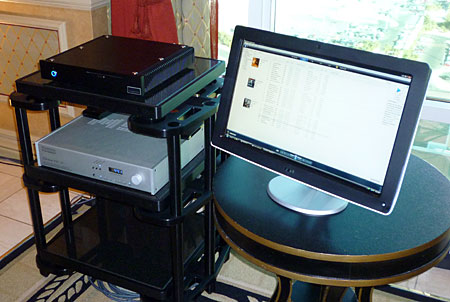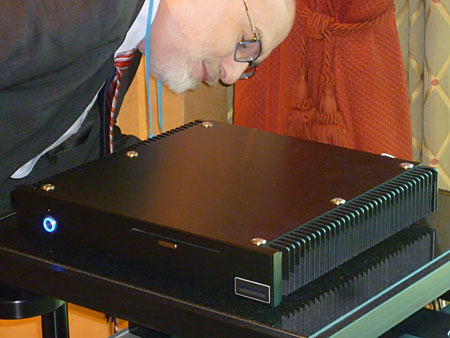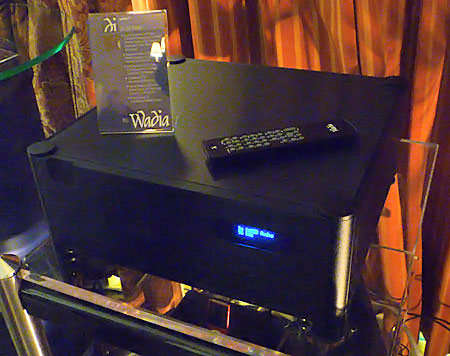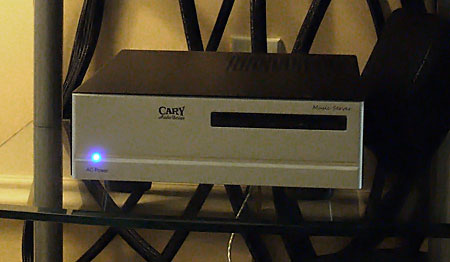
Input impedance for sound cards
- Read more about Input impedance for sound cards
- Log in or register to post comments


man, even Toms casual conversations are poetry..what a mastery of the english language..
http://observer.guardian.co.uk/omm/s...439272,00.html<http://observer.guardia
n.co.uk/omm/story/0,13887,1439272,00.html>
1 In The Wee Small Hours by Frank Sinatra (Capitol) 1955
One of the sheffield labs discs, Lincoln Mayorga and Distinguished Colleagues "Missing Linc" II . direct to disk..
apparently it was a disc that Marantz got from Sheffield to send to its distributors to use as demo discs for Marantz equipment.. there was even a blank order form inside, as well as instructions from a Marantz suit...on official Marantz letterhead.
anyway.. the disc is amazing, sound wise. Just jawdropping amazing..
if you can find it, please do.



Download here.
The Xonar Essence looked like a good candidate for a home built server except for the comment in JA's review concerning the 4800 ohm input impedance which "might give some tube preamps trouble". Any cards out there that might be tube friendly? Comparable to the Asus?